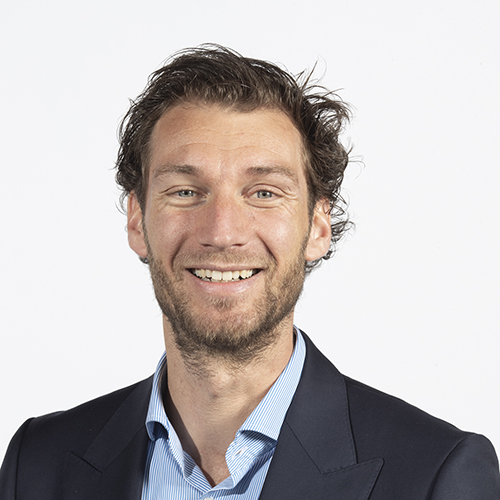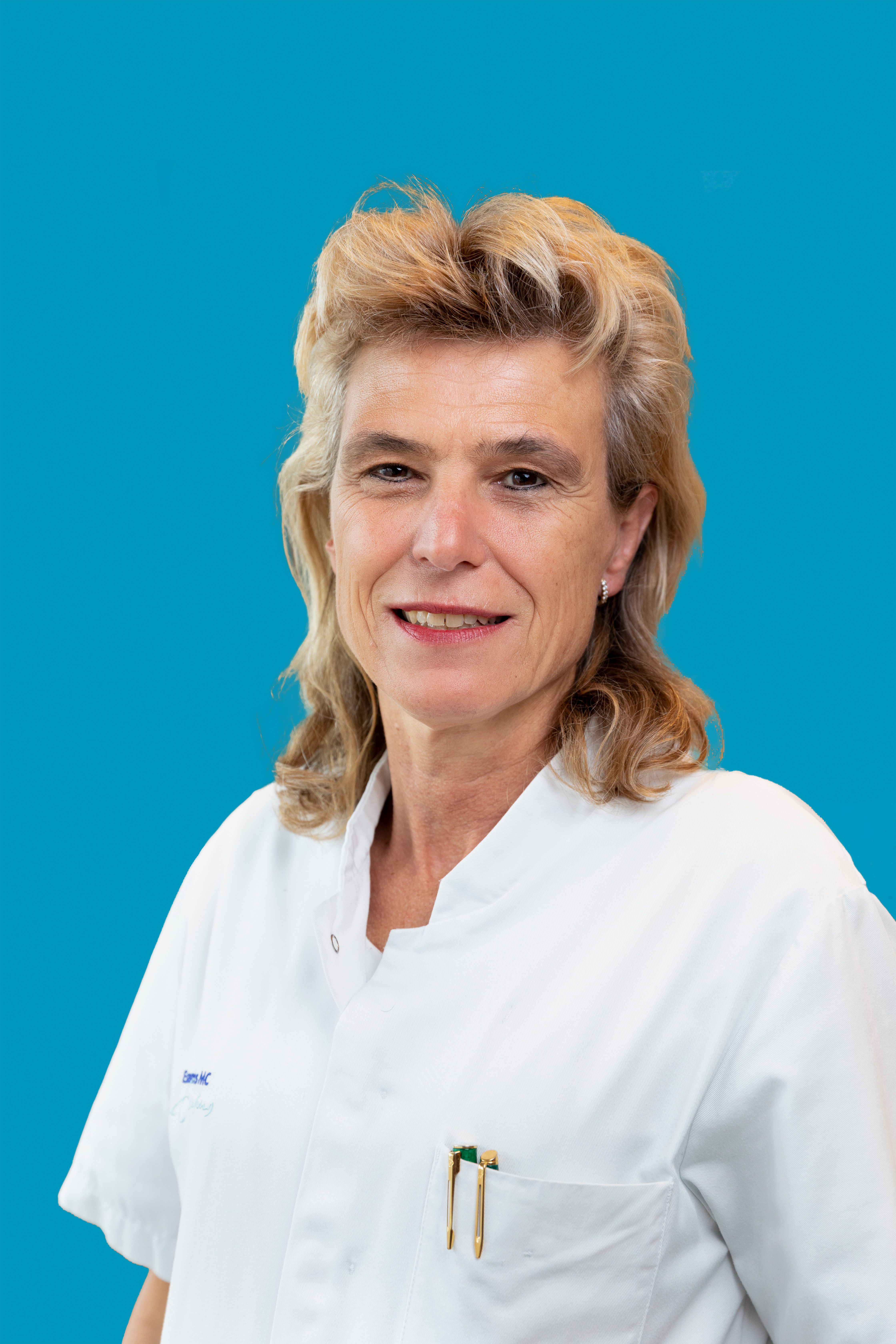What we do
About our project
Understanding Achilles Tendinopathy Recovery
Achilles tendinopathy (AT) can lead to chronic pain and disability, significantly impacting patients' quality of life. Management of AT is challenging with approximately 50% responding to standard treatment options. Recent studies implicate that both individuals with a metabolic disease and having psychosocial problems will have a worse prognosis of AT. This project investigates in-depth predictive psychosocial and metabolic factors that influence recovery, aiming to develop a clinical classification model for improved patient management.Innovative Research Approach
We conduct a longitudinal cohort study to assess patient recovery using clinical assessments, proteomic analysis, and psychosocial evaluations. Our research integrates patient-reported outcomes with objective biomarkers to establish a comprehensive prognostic model.Collaboration and Impact
This project is conducted at Erasmus MC in collaboration with leading experts in musculoskeletal research and proteomics. The findings will support the development of a person-centered treatment protocol to improve rehabilitation strategies for AT patients.Our research focus
Psychosocial Factors in Recovery
We explore how psychosocial elements, such as pain catastrophizing and kinesiophobia, influence recovery following Achilles tendinopathy treatment.Metabolic Influence on Tendon Healing
Metabolic syndromes, including inflammatory pathways and systemic factors, may play a role in delayed tendon healing. This study incorporates advanced proteomic analysis to identify key biomarkers.Developing a Clinical Classification Model
Using machine learning and clinical data, we aim to create a classification model to predict recovery outcomes, allowing for tailored treatment approaches.Enhancing Patient-Centered Treatment
Our findings will contribute to new treatment strategies that consider both metabolic and psychological influences, helping to optimize rehabilitation outcomes using personalized medicine.Funds & Grants
Marie Skłodowska-Curie Actions (MSCA) - Postdoctoral Fellowship
Collaborations
Vrije Universiteit Brussel (VUB) Postdoctoral Researcher: Wouter Van Bogaert
University Hospital
Rotterdam Study (Erasmus MC cohort study)


